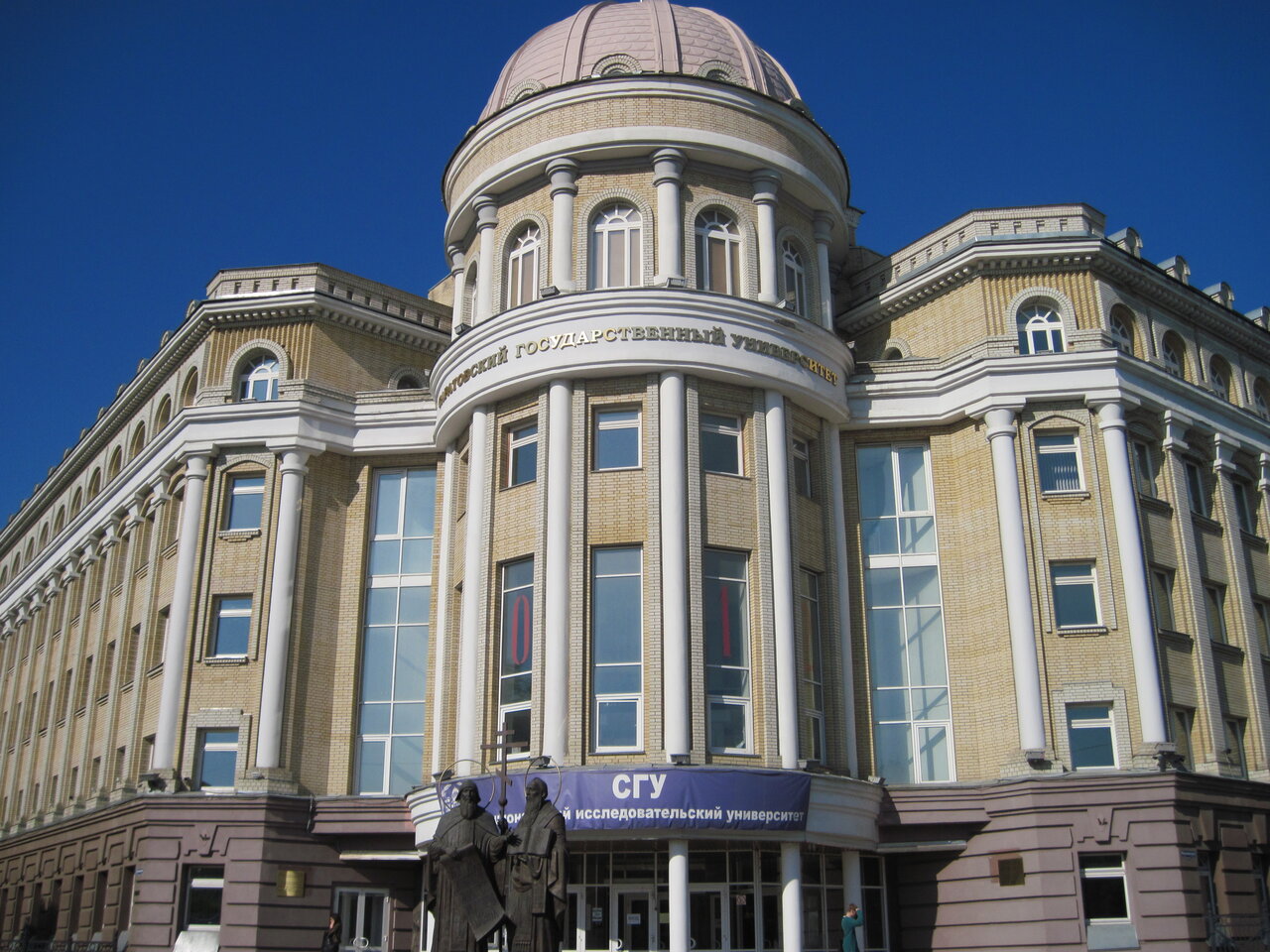Russia’s Saratov State University launches Persian language course

TEHRAN- In collaboration with the cultural attaché office of Iran Embassy in Russia, Persian language training course has commenced at Saratov State University in Saratov, Russia.
the Persian language course, specially designed for the Fall semester of the 2024-2025 academic year, has begun its activities at Saratov State University in partnership with the cultural attaché office of Iran Embassy in Russia and the representative of the Saadi Foundation, IRNA reported.
Persian is being taught at this university using the Saadi Foundation's published books, “First Step” and “Mina,” by Iranian instructor Hamid Mirza Khani, the report added.
Students from Saratov State University and other Persian language learners at both beginner and advanced levels could attend the semester, the report added.
Persian, also known as Farsi, is an ancient language spoken primarily in Iran, Afghanistan (as Dari), and Tajikistan (as Tajik), boasting a rich literary heritage that dates back over a millennium. Its script, derived from Arabic, can initially pose challenges for learners unfamiliar with the right-to-left writing system. Persian vocabulary is influenced by both Arabic and various Turkic languages, adding layers of complexity. While the phonetic structure of Persian is relatively straightforward and lacks gendered nouns, the nuances of its grammar, such as verb conjugations and the use of subordinate clauses, require dedicated study and practice, often making it a rewarding yet challenging pursuit for foreign learners.
The difficulty level of learning Persian can vary significantly based on a learner's background and native language. For speakers of languages that share similarities with Persian, such as Turkish or certain Indo-European languages, the transition may be smoother due to overlapping linguistic features.
However, learners from languages with markedly different structures, like Mandarin or Vietnamese, may find the concepts of Persian syntax and grammar more daunting. Additionally, the rich cultural context embedded in Persian literature and expressions can require learners to engage deeply with cultural references to achieve proficiency. Nonetheless, many learners find studying Persian to be an enriching experience, allowing them to gain insight into a diverse and historically significant culture.
SAB/
